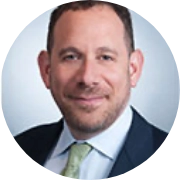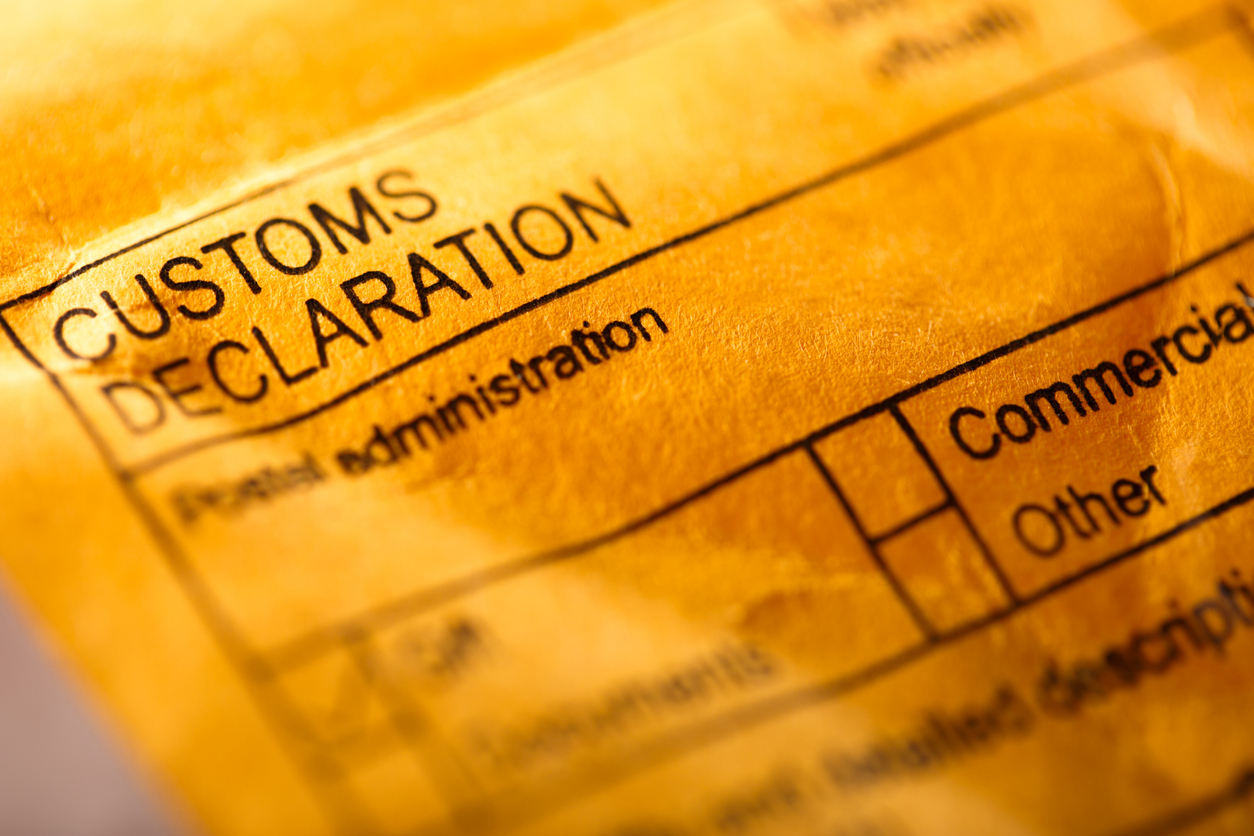Court takes “holistic approach” to materiality, rejecting strict focus on the ultimate “payment decision” in significant win for qui tam whistleblowers and the government
A few weeks ago, I blogged about United States v. Strock. There, the Second Circuit Court of Appeals determined that the Supreme Court’s decision in Universal Health Services v. Escobar—which held that misrepresentations regarding compliance with a statutory, regulatory, or contractual requirements “must be material to the Government’s payment decision” to be actionable under the False Claims Act—did not invalidate the “fraudulent inducement” theory of False Claims Act liability. Under that theory, which predates Escobar, a violation of the False Claims Act can be established by showing that the defendant submitted claims for payment under a contract obtained by fraud—even if the subsequent claims for payment under the contract were themselves entirely truthful. The focus in a such a case, the Second Circuit confirmed, still includes the fraudulent statements’ impact on the government’s initial decision to award the contract. Any subsequent payments are “tainted” by that original fraud.
Now—in another key victory for whistleblowers and the government—the Eleventh Circuit has taken a similarly broad view of Escobar’s materiality requirement. In United States ex rel. Bibby v. Mortg. Inv’rs Corp., the court adopted a “holistic approach” to the assessment of materiality under the False Claims Act, rejecting a “strict focus” on the ultimate “payment decision.”
Improper Inclusion of Prohibited Charges in Loan Guarantees
Bibby involves a whistleblower lawsuit against mortgage originators alleging that they charged veterans unallowable closing costs on Veterans Administration mortgage refinance loans and intentionally concealed those illegal charges—falsely certifying that they had not in fact charged any such fees—fraudulently to get loan guaranties from the VA. When the loans went into default and foreclosure, the VA paid hundreds of millions of dollars in claims on loan guaranties that the whistleblowers say never should have been issued.
A few of the named mortgage originators in the matter—including Wells Fargo and JPMorgan Chase—paid settlements totally $270 million. The claims, however, continued against Florida-based originator Mortgage Investors Corp.
Incorrect Focus on the Government Decision to Honor the Guarantees
MIC sought summary judgment contending that the evidence supposedly failed to show that that its allegedly false fee-compliance certifications were “material” to the government’s “payment decision” under Escobar. It cited evidence that the VA continued to honor and pay money out on the loan guarantees after learning about the unpermitted fees. Relying on this evidence, the district granted dismissal.
The Eleventh Circuit, however, reversed. It held that the lower court’s “strict focus” on the “payment decision”—i.e., the determination to honor the loan guarantees—was wrong. As the court reasoned, the VA had no choice but to honor the guarantees because MIC had sold the loans in question to innocent investors—so-called “holders in due course” as to whom the guaranties were legally incontestable. The law required the VA to turn to the originating lender to seek a remedy for that lender’s fraud—it could not simply refuse to honor the guaranties.
Given this, the court determined to “cast our materiality inquiry more broadly”, to consider the VA’s response to the fraud “holistically”, and to “divorce our analysis from a strict focus on the government’s payment decision”. It therefore considered materiality evidence presented by the whistleblowers to which the district court had given little weight. This included the fact that VA regulations conditioned the issuance of the guarantees on the loan originator’s truthful certification that it had not imposed impermissible charges, and that fee compliance was “central to the bargain” between the VA and the originating lenders.
It also included evidence that the VA took a series of enforcement actions against mortgage originators—including MIC—to combat noncompliance with the fee regulations. In particular, the court cited the fact that the VA had implemented more frequent and rigorous audits and required that the originators refund any unlawful fees to veterans. It had also issued guidance reminding originators of the fee requirements and warning them of consequences for noncompliance.
Such evidence, the court held, rebutted MIC’s “payment decision” proof and created a triable issue of fact as to materiality under Escobar, contrary to the decision of the district court. The court faulted the district court for “weighing conflicting evidence”—a task that it said the district court should have left to the jury.
Limits on the Impact of Escobar
When the Supreme Court issued Escobar in 2016, it thrilled the defense bar. The decision provided new arguments to defeat False Claims Act lawsuits. The Strock and Bibby cases, however, constitute a recognition of Escobar’s limits. Courts are not construing Escobar’s “payment decision” language as expansively as the defense bar would prefer. Rather, as Strock and Bibby show, that language does not defeat cases based on the fraudulent-inducement theory or where the fraud was significant but simply predated the government’s ultimate payment decision.
Civil War era Taxpayer Protection Statute
Originally enacted during the Civil War to combat fraud by suppliers of the Union Army, the False Claims Act imposes significant liability on parties that knowingly overcharge or underpay the federal government or its agencies. The False Claims Act’s whistleblower or qui tam provisions permit private individuals to sue on behalf of the government for false claims and share in the proceeds. Successful False Claims Act whistleblowers receive rewards of 15-30%. For fiscal year 2019, the government reported that settlements and judgments in False Claims Act suits topped $3 billion. More than $2.1 billion of that amount came from whistleblower lawsuits filed under the False Claims Act’s qui tam provisions.
Contact an Experienced Whistleblower Attorney
If you are considering blowing the whistle on fraud against the federal government, reach out for a free and confidential consultation with experienced whistleblower attorney Mark A. Strauss.





